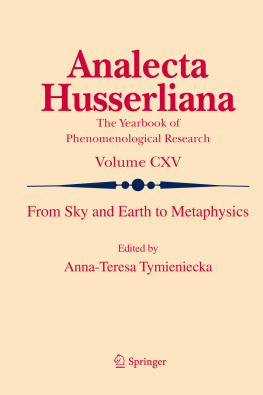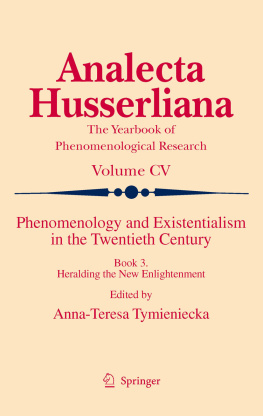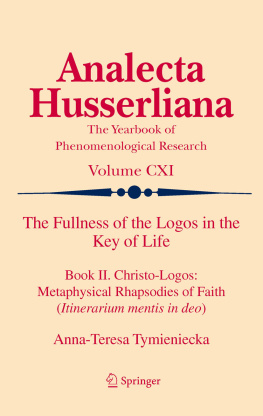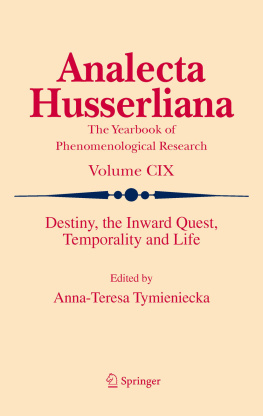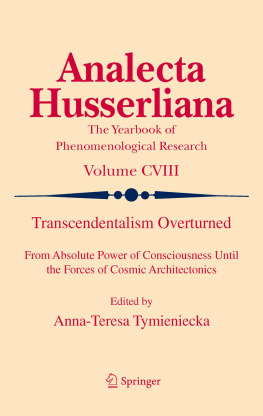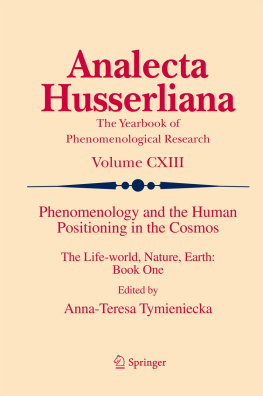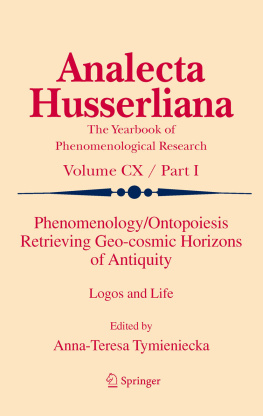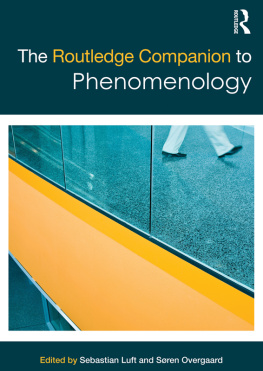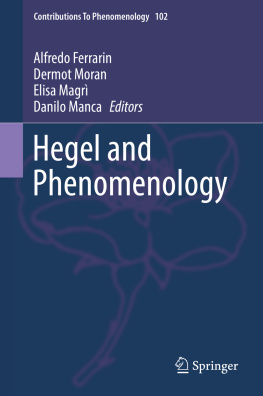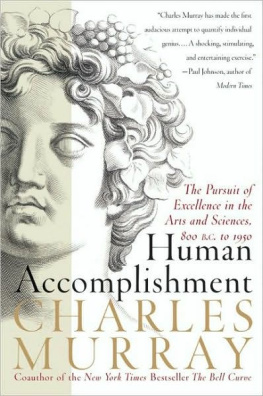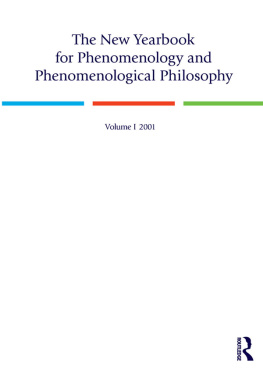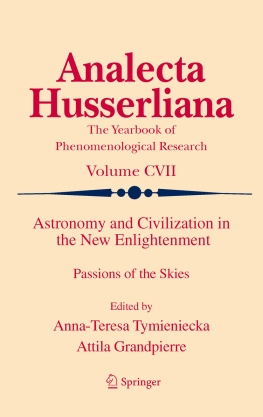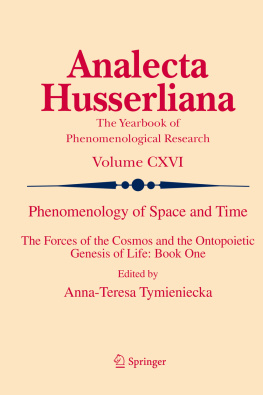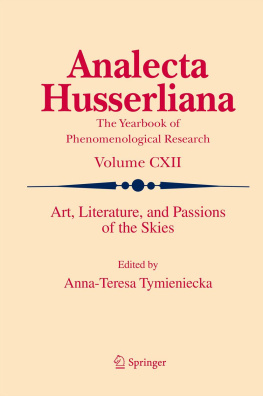The Classical Way of Metaphysics
First: the old way or the classical way. I know that professor Tymieniecka loves particularly Heraclitus and his dynamic metaphysics. But I would like to remember also Parmenides and his statement that being cannot not be. This statement is very important because it says being and not being or being and nothing (if you prefer: positive and negative); and, simultaneously or immediately, it says that the being prevails against and over nothing. In other words, Parmenides declares the unconditioned positivity of being or he declares the being as unconditioned.
This is crucial also for a right interpretation of Heraclitus, if we want to read the flux, about which he speaks, as the life of the positivity itself and not as the reduction of the positivity into nothing.
Thus, Parmenides offers us the legacy of an unconditioned principle, that is, a principle that we can recognize as the condition of any conditioned being and not as a consequence or a production of what is conditioned (in time and space).
The Modern Way of Metaphysics
Second: the modern way of metaphysics. This way is, initially, the metaphysics of the subject. The best result of the modern metaphysics of the subject is the elaboration of the categories of the consciousness, an elaboration that finally arrives to the statement of the intentionality of the consciousness itself.
In the statement of the intentionality, also the overcoming of the separation between being and appearance can find a place, a separation that had been the target of Nietzsches critique of the dualism of the so-called Platonic-Christian tradition. After this critique, we can no longer establish a meaning of the world in a way which is the devaluation of our experience.
This result, beyond Nietzsche himself, could open the possibility of a metaphysics considered as Dilthey stated in the conclusion of his famous book Einleitung in die Geisteswissenschaften as a research of the sense. Husserl assumes this notion of metaphysics as a research of the sense and we can consider that this kind of metaphysics is at the core of Husserlian phenomenology.
But let me further reflect on this issue. In the framework of modern and contemporary philosophy, the critique of metaphysical tradition, which is accused of being disembedded from life and of being an objectifying kind of thought, can be dated back at least to Nietzsche and Dilthey, and it continued even if with different nuances in Husserl and Heidegger. The intuitive method, opposed to the deductive one, is at the core of those philosophies, which claim their belonging to life.
Anyway I would like to stress the fact that in any version of philosophies linked to life, the idea of metaphysics does not disappear, but rather assumes new and transformed forms: in Nietzsche there is surely a metaphysics of becoming, that ought to coincide with the being, without going out from the becoming itself; Dilthey speaks about a metaphysics as a search for the meaning that ought to take the place of the classical naturalistic metaphysics; Husserl proposes a pure eidetics with a metaphysical air, and Heidegger, focusing on the thesis of the ontological difference, re-interprets the relationship between the Being and any single being as an event Ereignis which is never saturated through its expressions. Remaining in the phenomenological stream, it must be remembered that Max Schelers legacy, in its turn, is widely metaphysical.
Actually, at a closer look, we are in the era of the post-metaphysical thought borrowing this expression from the title of a famous essay by Habermas in which, among possible developments, post-metaphysics itself hints at a post-post metaphysics, that is, a regenerated metaphysics, that ought not to encounter the problems of the old or degenerate metaphysics.
The qualifying trait of the new metaphysics ought to be its intrinsic vital character: metaphysics as metaphysics of life, in the life, for the life, and anyway never without life.
The Comparison with the Phenomenology of Life as a New Metaphysics
Here the comparison with Anna-Teresa Tymienieckas phenomenology of life is open, being a phenomenology which is ontologically thought in its roots, and thus turns itself into a meta-phenomenology, or a new metaphysics.
At the heart of this thought lies a renewed inquiry into the sense. So, how to intentionate the sense, and what is or could be the sense that we have to intentionate? To answer this essential question, some fundamental concepts are to be kept in mind, in my opinion, such as the crucial notions of immanence and transcendence, totality and finalism, and all that can be useful to identify and to articulate the basic idea of ontopoiesis, in its dynamism and in its constructive perspective oriented to the creative discovery of the sense and, more deeply, to the sense of sense.
In this framework we have to limit ourselves to the analysis of a few fundamental traits of Tymienieckas thought, that distinguish her from the phenomenological tradition, and give account of her metaphysical approach.
Intentionality
The first trait consists in a revision of Husserls notion of intentionality. The re-modulation of intentionality proposed by Tymieniecka seeks to answer the following question: Is intentionality really the exclusive basic factor in constituting our world as it manifests itself?. To the limits of Husserls intentionality, that cannot arrive at a crowning achievement of his quest for the certain and necessary foundation of all knowledge, that is, to a phenomenology of phenomenology, Tymieniecka opposes a different and alternative end, crossing back the itinerary articulated through the procedures of reduction.

